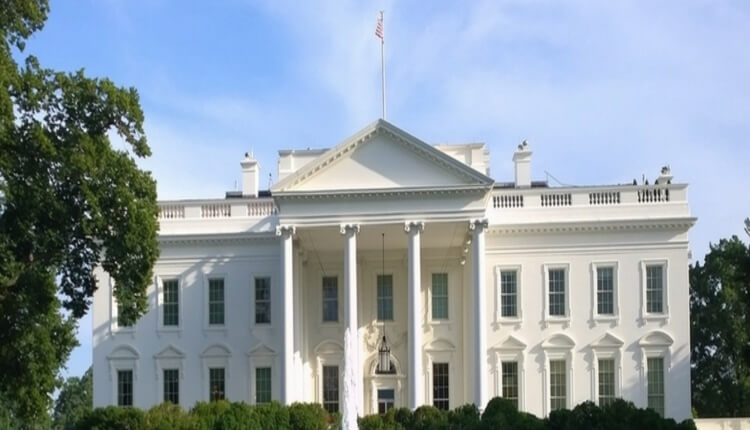End of the US Government Shutdown: Can Science Agencies Recover?

After what became the longest government shutdown in history, the US government has finally reopened, for now. Currently, the dispute over funding for President Trump’s border wall has been delayed rather than resolved. Consequently, Congress and the President agreed to reopen the government until February 15. Meanwhile, government agencies, including science agencies, have to catch up on 35 days of valuable work missed during the shutdown. Many key science agencies, including the National Science Foundation, NASA, and the Forest Service were all closed during the shutdown. What impact will the 35 days of unexpected lost work have in the long term? In this article, we explore the ramifications of the shutdown for the scientific community.
Shutdown Ripples throughout the Economy
The US government partially shut down on December 22, 2018 after Congress and President Trump failed to agree on a budget deal. With non-essential workersvfurloughed, essential workers continued showing up despite not receiving a paycheck. The government reopened on January 25 for three weeks, during which time the Democrats and President Trump must strike a budget deal or face a second shutdown. The costs of the 35 days shutdown have been huge, with the Congressional Budget Office (CBO) estimating a permanent loss of $3 billion to the US economy. These losses have come from the scientific community as well.
Scientific Agencies Scramble to Catch Up
Scientific agencies are forced to play catch up following the shutdown, although some may never recoup their losses completely. The Smithsonian Institution lost income from visitors totalling about $5 million dollars. Meanwhile, the National Science Foundation (NSF) faces a backlog of funding awards that were not sent out. It also needs to schedule review panels for some 2,000 grant proposals neglected during the shutdown. NASA’s associate administrator for Science, Thomas Zurbuchen, said that the agency will delay consideration of new applications to one of its main research grant programs by at least 60 days post shutdown.
The National Oceanic and Atmospheric Administration’s (NOAA) climate program office said that the shutdown delayed and disrupted projects, conferences, and meetings. The agency had to temporarily suspend their Climate.gov web portal, which offers valuable information for educators and communities who use the information to make decisions about water, fire, food, or other issues.
The shutdown has not only affected researchers in the US. Scientific collaborators abroad have also reported delays in their work as their American colleagues play catch up. William Michaels, director of the Advanced Sampling Technology program with NOAA Fisheries, is one such American researcher. He was working with Norwegians on international collaborations to protect ocean resources for a 3-month assignment. The shutdown forced him to return to the United States prematurely.
Long-Lasting Shutdown Impacts on Research Institutions
Although the government is open for now, many agencies foresee the financial impacts of the long shutdown lasting throughout the end of this funding year. The shutdown also impacted ongoing research projects. One example is the US Geological Survey, which produces some of the best freely available data on topics like geology, soil, and hydrology. Because of reduced staff, the datasets from January 2019 are unusable.
In the current unstable and divided political climate, it’s difficult to say that another shutdown isn’t looming on the horizon. Many agencies are scrambling to prioritize the most important work to mitigate the potential impacts of another shutdown. A budget agreement awaits in the near future. Until then, American scientists—and their overseas partners—will have to do their best to plan for the worst while hoping for the best.
Did the US government shutdown affect you as a researcher? How can researchers prepare for these increasingly frequent disruptions? Let us know your thoughts in the comments section below.









